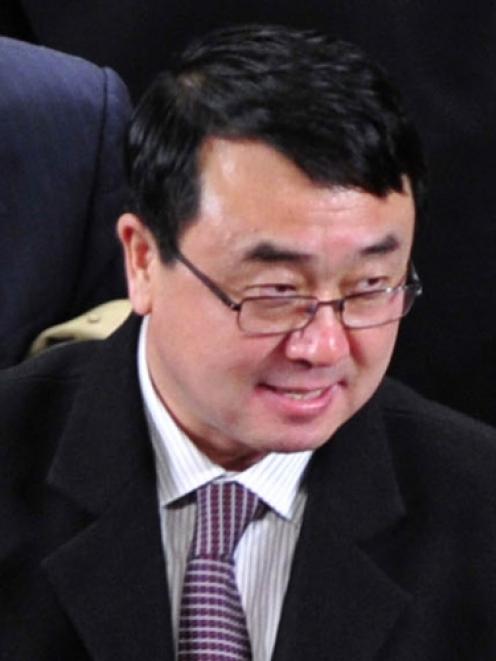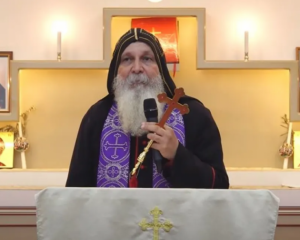
The verdict ends the career of one of China's most controversial police officers and moves the ruling Communist Party closer to deciding the fate of Bo, whose contentious downfall has shaken a looming leadership handover.
The Intermediate People's Court of Chengdu in southwest China said Wang, former police chief of southwestern Chongqing municipality, received the sentence for "bending the law for selfish ends, defection, abuse of power and bribe-taking", according to the state-run Xinhua news agency.
"Wang Lijun stated to the court that he will not appeal," said the Xinhua report.
Wang's lawyer, Wang Yuncai, was not available for comment immediately after the announcement.
The scandal that felled both men erupted after Gu Kailai, the wife of Bo, murdered British businessman Neil Heywood in November 2011 in Chongqing, where Bo was the flamboyant Communist Party chief.
As well as the conviction of sabotaging an investigation into the murder, Wang was found guilty of defecting to a U.S. consulate, taking bribes and conducting illegal surveillance.
Officials have said the murder arose from a business dispute in Chongqing, which Bo and Wang ran as their fiefdom.
After first helping Gu evade suspicion of poisoning Heywood, Wang then kept evidence of the murder, according to the official account of Wang's trial.
In late January, Wang confronted Bo with the allegation that Gu was suspected of killing Heywood. But Wang was "angrily rebuked and had his ears boxed".
Days later, Bo stripped Wang of his post as Chongqing police chief. Wang, fearing for his safety, fled west to the U.S. consulate in Chengdu where he hid for more than 24 hours until Chinese officials coaxed him out.
In August, Gu was sentenced to a suspended death sentence, which effectively means life in prison.
Wang sealed his fate at a trial a week ago by admitting the charges, according to an official account of the hearing published by Xinhua news agency. Only official media outlets were allowed inside the courtroom.
"As for the crimes that the prosecution has alleged, I understand them, I admit to them and I am repentant for them," Wang told the court in Chengdu, a city about 300km from Chongqing, according to that earlier account.
The Chinese government has not said what will happen to Bo, who in March was sacked as party boss and in April suspended from the ruling Communist Party's Politburo, a powerful decision-making council with two dozen active members.
So far, Bo has only been accused of breaching internal party discipline. But experts say the public citing of Bo's angry rebuke of Wang has raised the likelihood that he too will face criminal charges, probably after the party congress.
Before then, party leaders could first expel Bo from the party and hand him over for criminal investigation.
"The prosecutors said Wang exposed leaders to major crimes by others," said Li Zhuang, a Beijing lawyer who opposed Wang and Bo for mounting a sweeping crackdown on foes in the name of fighting organised crime. Bo was the likely target of Wang's allegations, said Li.
"That was a slap around the ears that changed history," Li said of Bo's alleged actions against Wang. "Otherwise, Bo might still be in power and hoping to rise higher."












